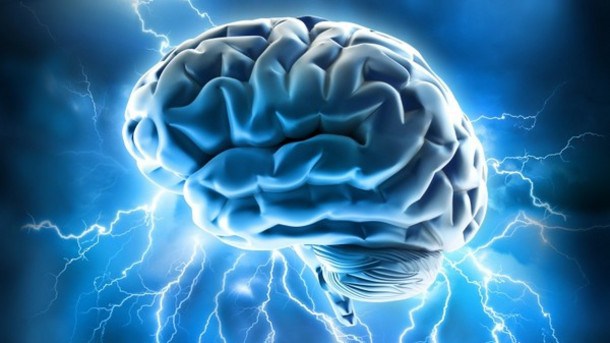Many forum members asked us how CBD works to prevent pain, and whether it’s addictive or not. We decided this warranted a dedicated ‘Ask a Doctor’ session, which took place last Thursday…
Question: Is CBD addictive?
Answer: CBD’s are not addictive. CBD’s are not associated with dependence. CBD’s are not associated with withdrawal. There has never been a death from CBD overdose. For a drug to be addictive, it must cause biochemical changes in the receptors where it works, resulting in the need to give increasing doses to get the same effect. CBD does not work in this way. Addiction is caused by a few factors: One, is the need to take higher and higher dosages of a medication to get the same effect. The other reason is the need to take a medication to prevent the uncomfortable symptoms that occurs when the medication is stopped.
This does not happen with CBD. In CBD, a given dose, will produce a given effect.
However, opioids are addictive. Opioids are associated with dependence. After taking opioids for an extended period, for the same degree of pain relief, higher and higher dosages of opioids must be taken. Opioids are associated with withdrawal. Opioids are associated with death from overdose.
Recent studies suggest that CBD may help decrease the symptoms of opioid withdrawal because CBD improves the activity of the glutamatergic receptors, which is the location in the CNS that results in drug-seeking behavior.
Question: How does CBD work to control pain?
Answer: CBD has anti-inflammatory properties and by acting on immune cells, helps to some degree to lower inflammation and pain of arthritis. In these cases, CBD works best when applied directly to the skin overlying the area of discomfort.
CBD binds to target proteins in the spine which block the transmission of pain from the body to the brain. Therefore, for instance, the pain from a slipped disc in the back, or from a torn ligament in the knee will be significantly reduced, as the pain fibers will be blocked from being “felt” by the brain.
CBD also binds to α3glycine receptors, also located in the spine. In this area, CBD increases the glycine receptor activity whose function is to control neuropathic pain. Therefore, for instance, the electrical tingling and shooting sensations from diabetic neuropathy or disc herniations will be appreciably diminished as these sensations will be blocked from traveling to the brain where they are “felt”.
Question: What kind of pain does CBD control?
- CBD controls nocioceptive pain -i.e.: broken bone, tooth abscess, irritable bowel syndrome.
- CBD controls neuropathic pain i.e.: diabetic neuropathy, pain from multiple sclerosis
- CBD alleviates psychogenic pain i.e.: anxiety, depression, PTSD
It is important to understand that ALL chronic pain has a neuropathic component to it, as neuro means nerves, and pathic means disease. Pain from the limbs and organs, as well as back and spine, all travel through the nerves in the spine. Thus, long standing pain from anywhere below the brain itself, has a neuropathic component.
It is here that CBD excels. CBD is an excellent treatment for neuropathic pain because it works in the spine and thus blocks the pain in the spine while it is on its way from the source of the pain to the brain – the part of the body where the pain is felt.
As per your request, we are moving the weekly In-house doctor session from Thursday at 1 pm EST, to Thursday at 3 pm EST (That’s UK’s 20:00, NYC’s 15:00 and LA’s 12:00)
[maxbutton id=”10″]
If you liked these questions and answers and want more, why not check out the Q&A from – Ask a Doctor – Treating Pain With CBD
[Image Credit- Pixabay]







I have seizures and would like to know info about taking cbds instead of my depakote